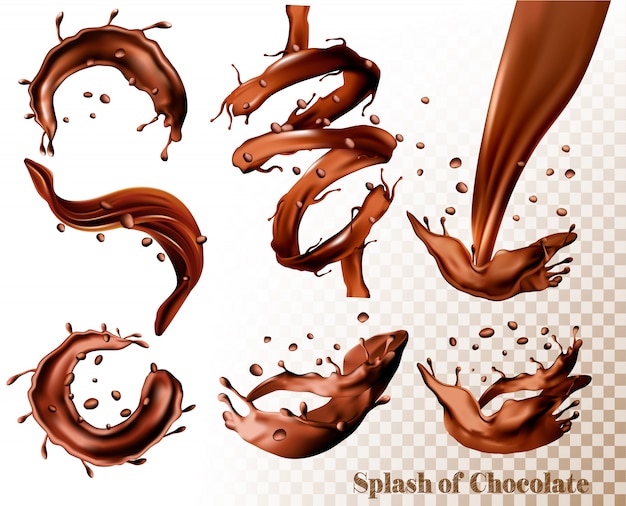The enriched text, formatted for WordPress and enhanced for clarity and readability, is presented below:
Dairy vs. Vegan Sources of Calcium
While dairy products do provide calcium, they come with potential health drawbacks such as high fat content, hormones, and production methods. On the other hand, most vegan sources of calcium come with minimal downsides and are packed with a wealth of essential vitamins and nutrients that your body craves.
Calcium Deficiency in America
It’s important to note that this information isn’t just relevant for vegans. In fact, over 75 percent of Americans are reported to be calcium deficient. This is a significant concern with serious long-term consequences. Did you know that the Surgeon General has projected that within the next decade, half the population over age 50 will be at risk for osteoporotic fractures? Clearly, America has a nutritional crisis, and calcium deficiency is a major part of it. Don’t become part of the statistics!
Five Vegan-Friendly Sources of Calcium
Even if you’re not vegan, incorporating these calcium-rich foods into your diet can greatly improve your calcium intake. You might even surpass the calcium levels of dairy consumers, plus enjoy additional benefits from vitamins C, K, and a variety of minerals.
Kale
Kale is not only a fantastic protector against radiation but also offers 180 mg of calcium per cup. A study by Creighton University in Omaha, Nebraska found that women who consumed kale had higher calcium levels than those who drank milk. Researchers highlighted the excellent absorbability of calcium from kale.
Collard Greens
Collard greens are a powerhouse of calcium, with 350 mg per cup. Considering the recommended daily intake of calcium ranges from 1,000 to 2,000 mg, just a small serving of collard greens can significantly contribute to meeting this requirement. Interestingly, research suggests that the bitterness of vegetables like collard greens indicates high calcium content. Even calcium-deprived animals prefer collard greens over low-calcium vegetables like broccoli.
Almond Butter
If collard greens aren’t to your taste, almond butter might be your answer. Just two tablespoons of this delicious spread contain 86 mg of calcium. In its raw form, almond butter also serves as a great alternative for those with allergies to tree nuts or peanuts. Compared to peanut or sunflower seed butter, almond butter boasts significantly more fiber, calcium, and potassium.
Figs
Historically used in desserts and sweet dishes, figs offer a delightful treat packed with nutrients. A mere half cup of figs contains 120 mg of calcium. If you haven’t tried figs yet, you’re missing out on a nutrient-loaded powerhouse of food!
Blackstrap Molasses
Blackstrap molasses is a versatile ingredient rich in calcium, perfect for savory recipes like baked beans. Two tablespoons of this ‘black gold’ provide 400 mg of calcium!
The Importance of Calcium
We all know calcium is vital for developing strong teeth and bones. But it’s also crucial for brain and cardiovascular health. Enhancing your diet with natural, vegan-friendly calcium sources is simple as long as you make a conscious effort. Eating mindfully is essential; getting all the nutrients your body needs for peak performance requires daily attention and won’t happen by accident.
Calcium Supplements
There are numerous calcium supplements available, but some are practically worthless, often nothing more than ground-up sea shells. If you need to close nutritional gaps with a supplement, I recommend IntraCal?, which features calcium orotate—the most absorbable form of calcium. It’s the best choice if you’re serious about maintaining optimal calcium levels.
This refined version aims to enhance readability, ensuring the content is engaging and clear while retaining all the important information.

